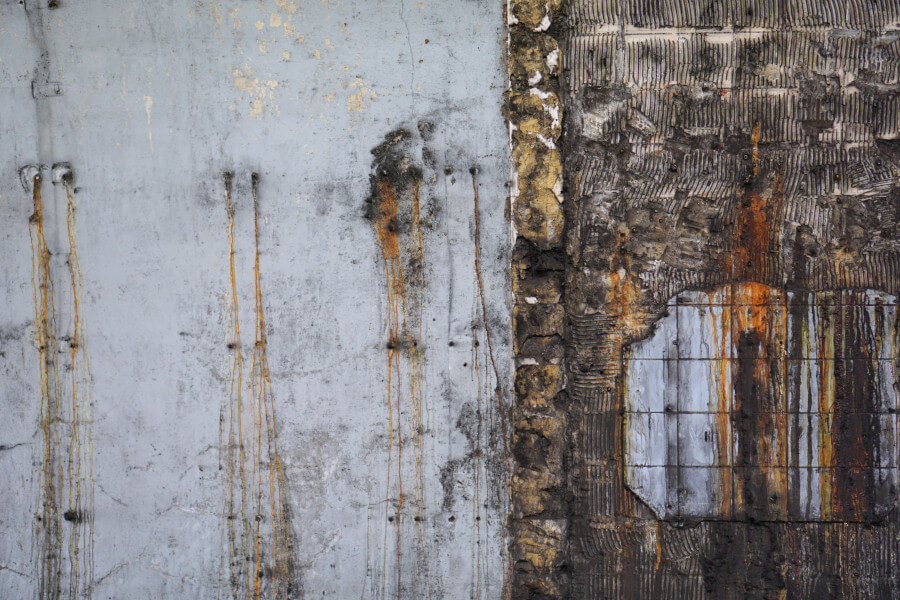How to Prevent Water Damage at Your Rental Property
Water damage is one of the most common complaints filed about a property in America. The reason isn't strange either, because water damage takes a variety of forms. It can range from an unsuspecting leaking pipe that causes mold to grow to an outright flood that damages your property and belongings. This article seeks to explore some methods you can opt for to prevent water damage to your rental property.

Regular Inspection of Property Plumbing
Inspecting the plumbing of a property should be done annually or bi-annually. You should check the fixtures which are connected to the pipes like the washing sinks, the fridge, washing machine, toilets, and bathtubs. By doing these checks, you will stay informed on the state of the pipelines in the house. If a new tenant is moving in, you can perform a pre-lease inspection and have the tenant agree to perform checks every year.
You can also show the tenants ways to minimize water damage and instruct them on what to do if one should happen. You should also encourage them to keep you updated if they notice things like a spike in their water utility bill, damping of the walls, or molds in corners of the house, as these are signs that a pipe may be leaking.
Invest in a Modern Drainage System
For landlords managing properties in the UK, especially in regions known for heavy rainfall like Manchester or Glasgow, it's important to consider upgrading to a modern drainage infrastructure. Older drainage systems often fail to cope with excessive water flow, leading to pooling, structural damage, and even long-term erosion beneath foundations. Installing a trusted smart drain solution in the UK can help monitor water flow, detect blockages, and prevent overflow before it leads to property damage. This is especially useful for urban rental properties that are more vulnerable to drainage-related issues.
Use Sump Pumps for Basement
The basements are prone to flooding, especially in areas that experience urban flooding, like Chicago. Getting a Sump pump to pump excess water out of your basement is the best choice. The cleaning professionals behind ServiceMaster of Lake Shore suggest that after you get rid of the water by using a Sump pump, restore the damages done to the basement to bring it back to its initial state. While the sump pump does a good job of pumping water out of your basement, it will leave a cold and stale room behind, which needs to be treated by a professional, as leaving it may lead to the breeding of harmful microbes.
Thankfully, if you live in a city that experiences heavy snowmelt or frequent rainfall, you'll want to be proactive about flood prevention measures. Working with water damage restoration specialists in Boulder ensures quick response times and expertise tailored to Colorado's unique climate challenges. This local support can make a big difference in preventing long-term structural issues and preserving property value in Boulder's rental market.
Inspect Roofs, Attics, and Chimney for Leakage
Inspecting inside the house is good, but also inspect outside the home. Aside from leaking pipes and flooding, leaking roofs are a common cause of water damages to homes. Depending on the rooftop you have on the house and the number of years the rooftop has been up there, you may need to replace them, if they are not in a good condition. Attics and chimneys can also leak if old or not properly maintained, especially during the cold season.
While on the roof, make sure the gutters are also clean. Debris and snow can easily clog up the space in the pipe and cause it to not work well or, worse off - cause ice damming during the winter.
Get Insulation for Pipes
Insulating your pipes during the winter period is a must. Installing fiberglass on your pipeline is cheaper for you compared to repairing burst pipes during winter.
Get Insurance
Also, getting insurance can help to mitigate the cost of damages to property. Update your insurance to cover all potential damages and ask your tenant to get a renter's insurance policy. These will help spare you the cost of repairs because of your tenant's negligence.
Prevention is always better than cure. It is highly advisable to keep a check on the leakage from the pipes, chimneys, attic or anywhere on your property to save yourself from a huge repair cost. As heavy as it may be in your pocket, it is equally harmful to the people living in the house. We hope these steps enlightened you on preventing water damage to your properties.
